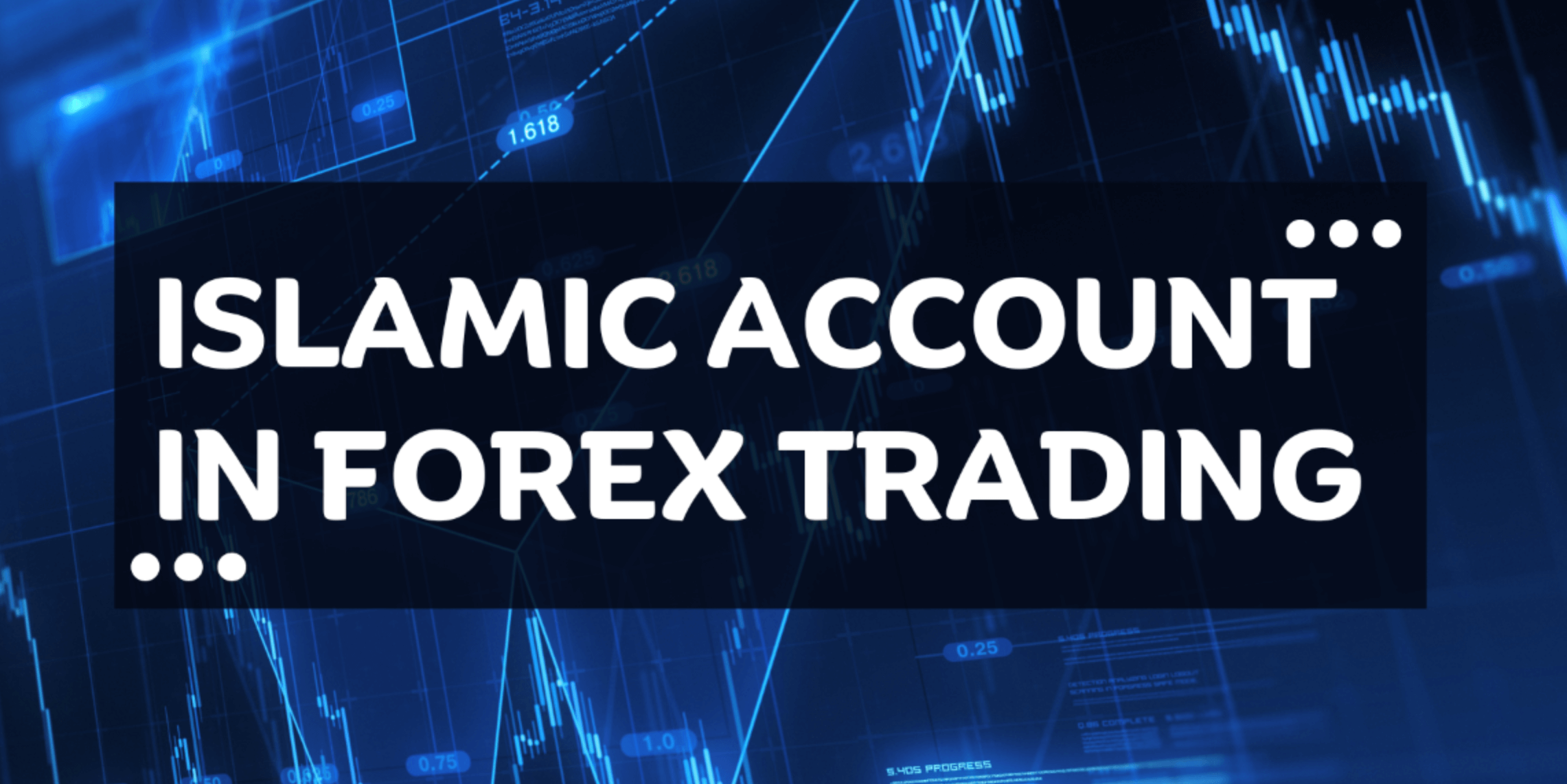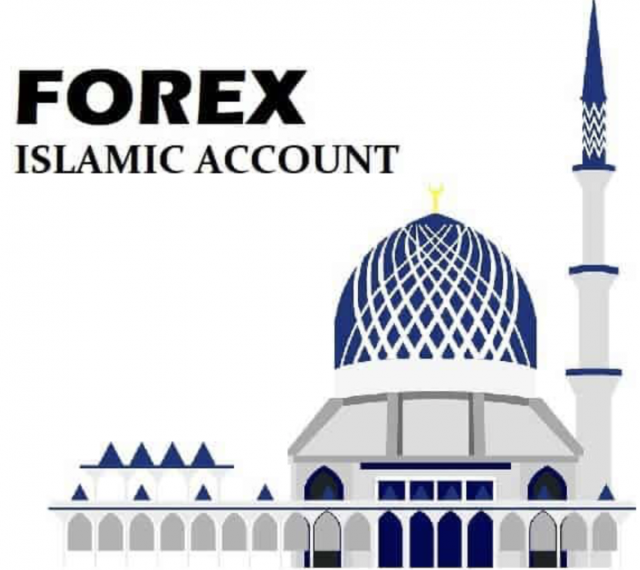Forex trading, or trading in general, is an economic activity that includes participants from all parts of the world buying and selling financial instruments to make profits from favourable price fluctuations. The trading instruments in forex trading are international currency pairs, and traders benefit from the exchange rate fluctuations that keep happening in the volatile currency market.
Currency trading does imply swap rates when you keep a trade position open overnight. A swap in forex refers to the interest you earn or pay for an overnight position. But this act of receiving or giving interest is prohibited per Islamic beliefs. But Islamic traders can still trade by opening a swap-free Islamic account for forex trading. So, by the end of this article, you will get to know everything to get started with an Islamic forex trading account.
Principles of Islamic Finance and Islamic Forex Trading
Before we get into the details of an Islamic forex trading account, let’s look at the principles of Islamic finance and Islamic forex trading. Then we will get into the details of Islamic accounts and how they allow you to explore forex trading without breaking religious rules. Islamic finance can be defined as the banking, lending, investment or other financial activities or practice that align with the Islamic law called Sharia.
This ensures that the individual believing in Islam is not engaging in any prohibited financial activity per Sharia law. Other than the religious side, the concept of Islamic finance has been drawing attention due to its strong ethics that strive to promote fairness and protect people from the burden of interest.
The Concept of Riba
One of the essential concepts of Islamic finance is called Riba. Riba refers to the interest charged, which applies to both loans and deposits. Riba is forbidden per the Sharia law, which means a person believing in Islam cannot charge interest or earn interest by any means. Thus, they cannot accept interest on bank deposits or avail of loans that involve the payment of interest.
This rule arises from the belief that interest favours the rich and widens the gap between rich and poor. Charging or receiving interest is also considered a major sin in Islam as it promotes inequality and often results in exploitation. Even though some think this only refers to excessive interest, many believe that even the lowest amount of interest can be regarded as Riba, which is against the Sharia law.
Is Forex Trading Halal or Haram?
Those who follow the religion of Islam will be very familiar with the Arabic words Halal and Haram, often mentioned in the Quran. Halal means permissible or lawful deed, and Haram means forbidden deed. Is forex trading Halal or Haram? Many Muslims keen to get into forex trading might have had this question. The answer will vary based on the individual’s trading goals, and trading practices need to be ethical enough to be considered Halal per Islamic finance principles. So, it is safe to assume that a Muslim trader can engage in Halal forex trading as long as they don’t resort to the practices considered Haram. This includes the following.
- Eliminates the element of interest or Riba both while earning and paying.
- Immediate execution of trades, making it hand-in-hand Halal trading.
- Strictly prohibits gambling or martingale trading strategies which is another form of gambling.
- Risk and reward in terms of a shared element of risk in Halal trading.
So, as long as you abide by these rules and devise a trading plan that aligns with these rules, forex trading will not be haram, and you can resort to halal trading practices without contradicting your religious beliefs as a Muslim trader. Now we will see how you can ensure halal forex trading by opening an Islamic forex trading account with any Islamic forex broker.
What is Different When You Trade Forex on an Islamic Account?
As you may already know, a regular forex trading account will be subject to swap rates or rollover fees, the interest charged on overnight trade positions. This can also be linked to the interest paid for the leverage availed from brokers as it is a type of loan used for trading. So, a regular or standard trading account is unsuitable for a Muslim trader, and trading on such an account will be considered haram as the swap rates or interest charges will be applied. But in the case of an Islamic or swap-free account, the interest will be removed, and Muslim traders can also avail leverage or interest-free loan from brokers to accelerate their trades. The broker may charge added fees or commission to compensate for the same, but this alternative is allowed as no direct interest is involved.
How to Open an Islamic Account for Forex Trading?
Opening an Islamic forex trading account requires some documents so the broker can verify that the trader needs a swap-free or halal trading account. Besides this, the account opening process is just as simple and hassle-free as any other trading account. Just choose the right broker who meets your requirements before going live. You can test their trading conditions with a demo account first before finalising. There are several halal forex brokers in the forex market, and choosing the best Islamic forex broker for each trader would depend on their preferences. An Islamic account with a halal forex broker can trade CFDs on stock, commodities and crypto if the broker platform provides these instruments.
Advantages of Having an Islamic Forex Trading Account
- Since an Islamic account is swap-free, traders can easily open overnight or long-term positions and hold for however long they want without worrying about the cost that comes with interest charges or rollover fees.
- Some currency pairs, such as exotic pairs, have higher swap rates, making them difficult to trade. But all currency pairs will be swap-free for a trader using an Islamic account. Hence, they can choose any currency pair for trading without being stopped by high swap rates.
- A Muslim trader using a regular trading account will have to limit their trading style to scalping or day trading and close all their positions before the end of the day to avoid the overnight swap. But a Muslim trader can also adopt swing and positional trading since swaps will not be applied to overnight positions opened on such an account.
Disadvantages of Islamic Forex Account
- The halal forex broker offering an Islamic account may charge a fixed administration fee to compensate for the loss of interest charges on the account.
- The trader will also lose an opportunity to earn from positive swap rates in case of short positions.
- The trader will not benefit from trading styles like carry trading as they are purposefully devised to make profits from interest rate changes.
In the end, I want to say that Islamic accounts and Halal trading concepts were introduced to make the forex market more inclusive for Muslim traders. They have certain limitations on trading freely as they are supposed to operate within the rules of Islamic finance, and an Islamic forex trading account is designed to meet their needs in the best possible way. The very purpose of Islamic accounts is to get access to swap-free trading, which is the essence of Halal trading for Muslim traders. Thus every Muslim trader who is hesitant to get into forex due to their religious beliefs can sign up for an Islamic account with a halal forex broker to become a trader who respects and follows the principles of Islamic finance.









